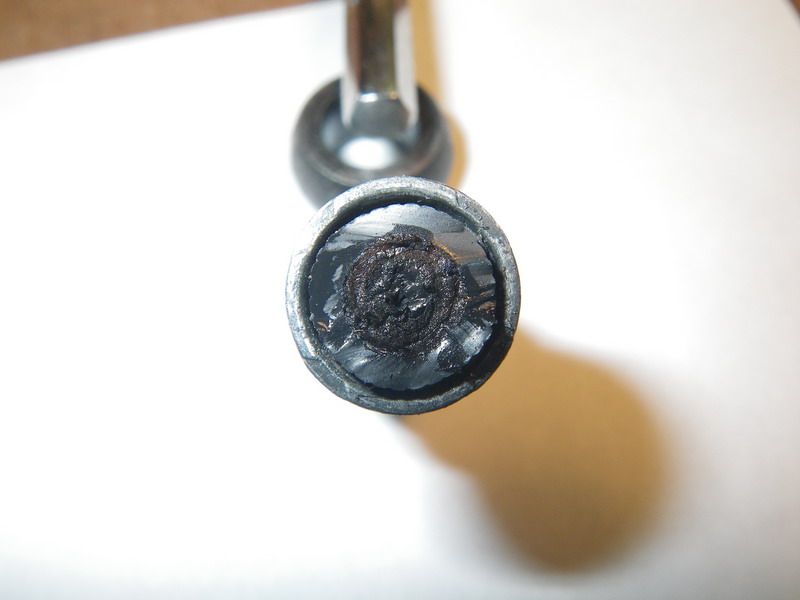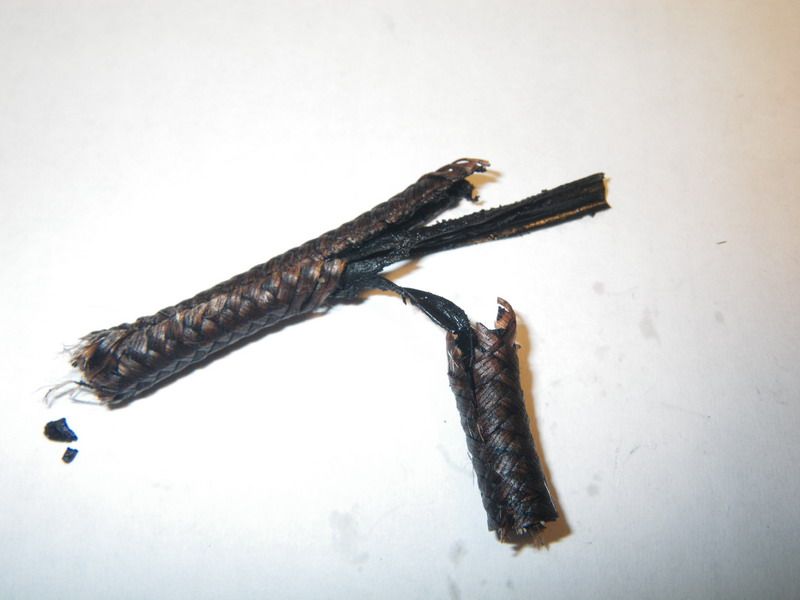rkitts119722
New member
Help, I noticed my front brakes tended drag when stopped at a light. So I pulled the master cylinder cover and slowly squeezed the brake handle to maybe back some fluid out of the lines and let the pads back off of the disc. WRONG! The opposite happened! The front brakes locked up tight. I front wheel wouldn't budge. I opened the bleed screw. The brakes backed off a little. The wheel would spin once before coming to a halt. I closed everything back up. Gave the brakes a squeeze, and the brake locked up tight and would not release. I have repeated the process a few times with the same results. The pads do not want to back out from the disk!! I have the big Clymer manual but it doesn't discuss this problem. Thanks, Rick



